
The Value of the Handshake
Given we are in the people business here at EMEA Recruitment, it is no surprise that personal relationships and the development of our network is fundamental to everything we do. The best way to achieve this? Traditionally, it was to meet in person, spend quality time face-to-face, and build trust and rapport – but then 2020 happened!
The shift to Zoom, MS Teams, etc. has been articulated more times than we care to remember, and the consensus is that it has brought benefits and conveniences to the workplace that were otherwise unthought of.
But how invaluable is it to meet physically? How powerful is a handshake? Are we programmed to exclusively build deep, meaningful relationships in this way?
With the summer period at an end, we’ve seen an uptick in requests and willingness to connect again in person – whether it’s over a coffee, lunch, or simply an office meeting to visit our clients’ and candidates’ place of work to talk through their latest project or hiring needs. Time and again, we see that this approach solidifies relationships, allows a deeper understanding of any needs, and deeper conversations with added insights.
Yes, the online connection remains fundamental – it may even make up 90% of communications with our network – but taking that remaining 10% to a physical meeting, eyeballing your network, and shaking hands solidifies the relationship more than ever.
Also, if you are meeting people face-to-face for the first time, The Beckman Institute reports that, according to new neuroscience research, people who greeted with a handshake formed a better first impression than those who do not offer a handshake, and performing a handshake reduces the impact of possible misunderstandings during social interaction - something to keep in mind.
If you’d like to book a meeting – in person or face-to-face – with one of our Consultants, please get in touch with Neil, who manages our Procurement, Supply Chain & Operations recruitment team: [email protected]
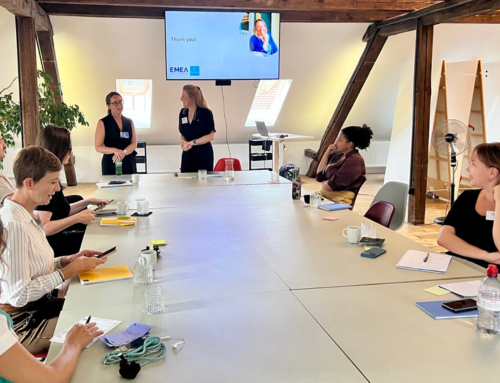
Embracing Neurodiversity in the Workplace
Last month, we held our second ED&I roundtable, Neurodiversity at Work: For Flourishing People and Organisations, in partnership with Joanna Williams, Founder of Flourish. Keely Straw, Manager of our HR team in Switzerland, reflects on the event...
The roundtable focused on:
WHAT is neurodiversity: in general and at work?
WHY does it matter?
HOW can neuroinclusive workplaces foster individual and organisational flourishing?
It was a very open and honest discussion that started with:
If you don’t understand the language someone is using, you can’t have a conversation.
That line resonated with me quite a lot, especially when considering one of our core values here at EMEA Recruitment – to listen.
It is also essential to understand how we, as a recruiter, can adapt our processes to ensure that we listen and understand those who are talking.
Recruiting neurodiverse talent and creating a neuroinclusive recruitment process is an important step towards building a diverse and inclusive workforce. Here are some tips to help you in this process:
Educate your team: Ensure that your HR team and hiring managers are educated about neurodiversity. Understanding different neurodiverse conditions, such as autism, ADHD, dyslexia, and others, is crucial to making informed decisions.
Remove bias: Implement processes and tools that help reduce bias in your hiring process. This includes using structured interviews, standardised assessments, and anonymised resume screening to focus on skills and qualifications, rather than personal characteristics.
Neurodiversity-friendly job descriptions: Craft job descriptions that are clear, concise, and free from overly complex language. Highlight the skills and competencies required for the role and avoid vague or subjective language.
Flexible application process: Consider offering alternative ways for candidates to apply, such as video submissions or skills assessments, in addition to traditional written resumes and cover letters. This can accommodate candidates with different communication styles and abilities.
Awareness training: Provide training to all staff involved in the recruitment process to increase awareness and understanding of neurodiversity. This can help create a more inclusive and supportive environment for candidates.
Accessible interview formats: Allow candidates to choose interview formats that suit their needs. Some neurodiverse candidates may perform better in written tests, while others may prefer in-person or video interviews. Flexibility is key.
Structured interviews: Use structured interviews with predetermined questions and evaluation criteria to ensure fairness and consistency in the assessment process. This reduces the likelihood of making decisions based on personal biases.
Feedback and communication: Provide constructive feedback to candidates, whether they are successful or not. This can help candidates improve their skills and feel valued in the process. Be clear and specific in your feedback.
Lead by example: Demonstrate your commitment to neuroinclusivity from the top down. When leadership actively promotes and supports neurodiversity initiatives, it sets the tone for the entire organisation.
Creating a neuroinclusive recruitment process is an ongoing effort that requires commitment and dedication.
EMEA Recruitment is embracing neurodiversity. We can help you tap into a pool of talented individuals who can bring unique perspectives and skills to your organisation.
I would be keen to hear your thoughts across the market and understand if you would be interested in future roundtable events, either dedicated to ED&I or broader HR topics.
In addition, I would welcome the opportunity to hear your thoughts on neurodiversity and how this compares with the general market consensus.
Please feel free to contact me directly to see how we can support you: [email protected]

Q4 2023 HR Recruitment Market Update
As we head into the final quarter of the year, Katie Insley, Associate Director, sheds light on the HR recruitment market and its future...
HR conversations continue to focus on the future of the function, how HR technology will shape this from a service and process perspective, and how artificial intelligence will be further adopted and integrated.
Advancements in HR technology and AI have the potential to make many of the tasks undertaken by people today redundant but, at the same time, have the potential to create new roles more suited to a data-driven and digital world.
Over the last quarter, we’ve continued to see an increase in HR jobs around HRIS Optimisation, HR Data Consultancy, People Analytics and Talent Analytics, all which require a technical mindset, a customer focus, and the ability to engage with stakeholders and be a great storyteller.
The continuing evolution of HR technology can however create a level of anxiety in the workforce and businesses need to take action. It is important for organisations to understand how these changes may impact the current workforce and their levels of engagement. Employees may be concerned about the security of their role but, if a company starts to act now, the changes can be seen as an opportunity, as opposed to a concern.
If a business is able to identify how HR technology and AI will change the roles and talent required in their organisation, they will have enough time to understand the skills gaps. They’ll be able to put measures in place to retrain the current workforce, therefore retaining employees, increasing employee loyalty and engagement, creating more effective succession plans, and ensuring the business has the skills needed to be successful in the ever-evolving modern world.
Many of our Executive Interviews explore this topic, as it’s clearly on the minds of HR leaders. It was also a topic of conversation at our recent CHRO dinner. This was such a great opportunity to bring together a group of HR executives to discuss pertinent issues in the HR space, sharing experiences and challenges. If you’re interested in being involved in future HR leadership events, do reach out: [email protected]

How to Manage the Counteroffer
Companies are fully aware that we are in a candidate-driven market, with a shortage of good quality candidates to fill their hiring requirements.
As a result, businesses are trying to hold onto as many strong employees as possible, causing an increase in counteroffers.
Since the start of the year, the Finance & Accountancy market has seen employees being offered an uplift of €10,000-20,000 - in some cases over €25,000 - to stay with their current employer.
If you’re currently thinking about changing roles, you should expect to receive a counteroffer if you hand in your notice. Whether you’ve been working at your company for six months or several years, they will do more than ever before to keep you.
Prior to looking for a new role, here are some questions you should be asking yourself:
- On a scale of 1-5, how happy are you in your current role?
- What is the real reason for wanting to leave?
- What conversations can you have with your current employer?
What should you be thinking when the counteroffer arrives?
- Why is your employer only realising your value now?
- Will you be a trusted member of the team moving forward?
- What if you accept the counteroffer? What if you decline it?
But, most importantly, revisit these simple questions:
- On a scale of 1-5, how happy are you in your current role?
- What is the real reason for wanting to leave?
Always think about the real reason you are looking to approach the market in the first place.
Did you know that a high percentage of people who take a counteroffer re-approach the market within a few months?
Does being counteroffered actually make you feel good? Does it make you feel like a valued member of the company, or does it make you feel the opposite in reality?
Think about whether the counteroffer provides a genuine benefit to you or to the employer. For example, keeping you on board means they won’t have to train someone new, pay potential recruitment fees, etc.
If you’d like more advice on managing a counteroffer, either as a hiring manager or candidate, please get in touch with David Harper, Associate Director: [email protected]

Q2 2023: Finance Recruitment Market Update - Switzerland
As we concluded 2022, we experienced normal market conditions across Switzerland. And, as predicted, an extremely high volume of hiring started from January onwards.
At EMEA Recruitment, we analyse market data so that we can understand trends and skills shortages to provide factual evidence to our candidates and clients. Some of this data - and feedback from companies that were recruiting during Q1 - has been used to produce the following overview:
German-speaking region
- Over 100% increase in directly advertised Finance roles during January to March 2023 compared to the same period of 2022
- Many roles seen in January were re-advertised in March, as they failed to attract the desired audience
- Companies requiring fluent German language skills experienced the greatest difficulties in hiring
- Significant increase in roles advertised by Swiss-owned international companies compared to those with non-Swiss ownership
French-speaking region
- Similar volume of vacancies during January to March 2023 as we saw in the same period of 2022
- Slight reduction in roles advertised by Swiss-owned international companies, but a corresponding increase in roles advertised by non-Swiss-owned international companies
Hybrid thoughts
- Requiring 4-5 days’ attendance in the office does impact the diversity of candidates attracted to the role
- We have seen very little evidence of fully remote roles being offered
Job-seeking process
- Candidates are happy to look at attractive opportunities, but those in work are being selective about the roles they consider and are less likely to apply directly to advertisements given the limited amount of information available through that method
- Given the high volume of roles available and the difficulties companies expect when replacing staff, top talent is being recognised more and more by their current employers - therefore, they are more selective about the roles that they would consider externally
What do we expect in Q2?
Business sentiment is still positive, so we expect to see a very busy quarter again for Finance recruitment. We also predict continued pressure on salaries as the battle for talent remains fierce.
Having access to current market information, whether you are job-seeking or recruiting, is more important than ever before.
If you would like to discuss your own career situation or hiring into your team, we would be happy to speak with you. Please reach out to Mark Robinson, Insight & Optimisation Director, for a confidential discussion: [email protected]

The Importance of the Employee Experience
Katie Insley, Associate Director, explores the second quarter of the year and discusses the uplift in HR opportunities across the Netherlands.
There have of course been significant challenges in some industries, but many have reported growth plans, especially in the second half of the year.
We continue to be in a candidate-led market where the competition for talent is still significant. Businesses must place attention on their employee value proposition in a bid to keep their best people, ensuring they have a working culture and environment that responds to their employees' needs, such as hybrid/flexible working and employee wellbeing initiatives.
We also continue to see an investment in Compensation & Benefits functions, as rewarding employees in a competitive and attractive way remains a key tool to retain top talent.
A good number of organisations have gone through reorganisation activities, and - while this has led to decreases in some traditional HR roles - it has caused an increase in the positions more aligned to the future of HR and where it can add the most value to a business.
These have included roles focused on talent and HR intelligence, where businesses are looking for individuals who are great with data, but who can translate this information into meaningful stories that allow for better decision making.
A focus on HR technology continues, but through the lens of employee experience. How can a business have seamless processes enabled by tech that make an employee’s interactions with HR as easy as possible? This again requires a different skillset, where individuals must not only be great at system optimisation and process improvement but must be able to focus on the user experience, too.
If you’re interested in finding out more about the current recruitment landscape, please reach out to me at: [email protected]

EMEA podcasts
The EMEA Recruitment podcast welcomes guests from across our network and beyond to share their career journeys, advice, and inspirational stories.

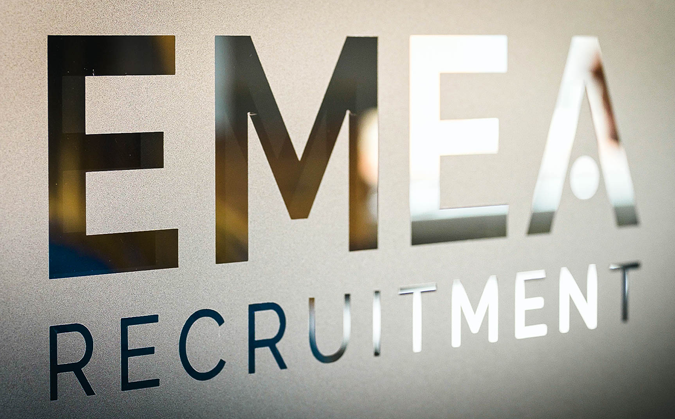



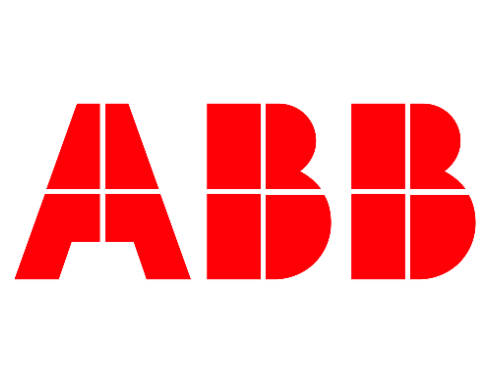




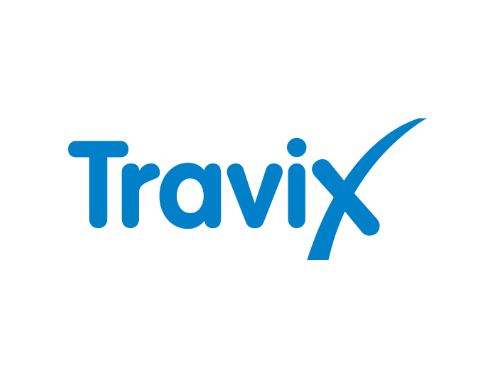

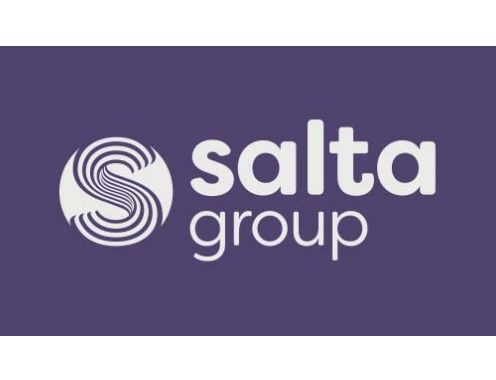

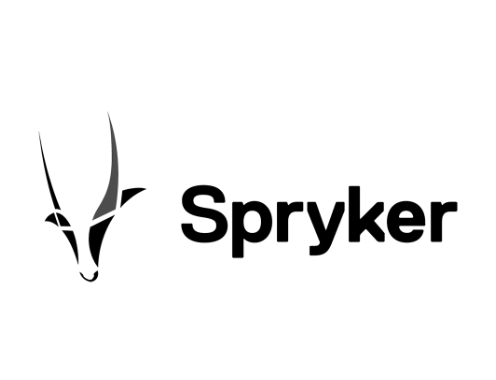

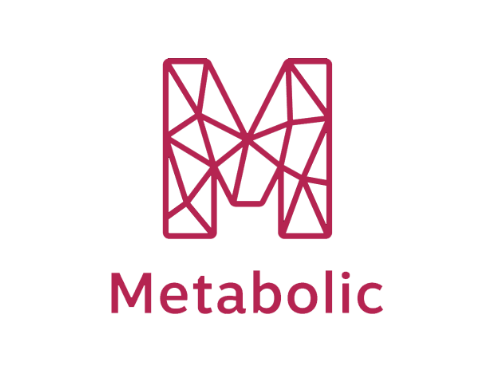




You can also use your social account to sign in. First you need to:
Accept Terms & Conditions And Privacy Policy